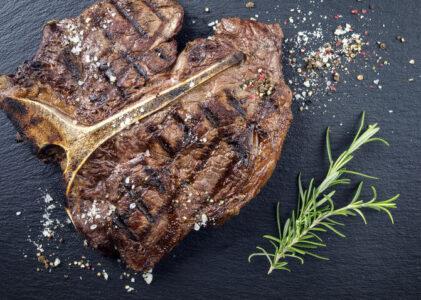This content has been archived. It may no longer be relevant
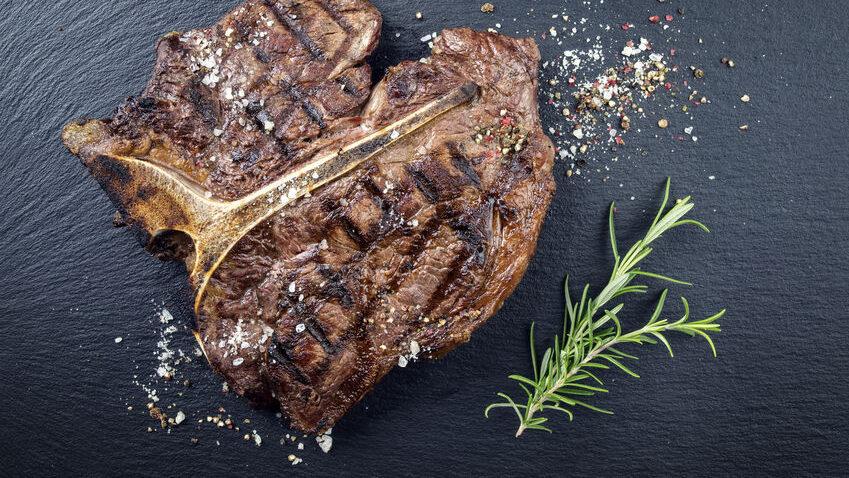 Propane and charcoal are the two most popular grilling fuels.
Propane and charcoal are the two most popular grilling fuels.
Both can produce flavorful results but there are differences.
Charcoal, for example, has higher heat potential than propane, but a gas grill is often easier to use and more convenient.
There’s also the question of cost.
If you’re looking for your first grill or your next upgrade, you’ve probably asked the question: is it cheaper to grill with propane or charcoal?
Although there’s a simple answer to this question, there’s more to consider, so let’s get into it…
Understanding the Costs of Propane and Charcoal Grilling
Understanding the costs of propane and charcoal grilling involves considering various factors that contribute to the overall expense of grilling, including the cost of the fuel, equipment, maintenance, and food.
- Cost of Fuel. The primary cost associated with grilling is the fuel, which can be either propane or charcoal. Propane is generally more expensive per unit than charcoal, but it can be more efficient and last longer, so it may ultimately be more cost-effective.
- Equipment Costs. The cost of the grill itself can vary widely depending on the size, brand, and features. Gas grills tend to be more expensive than charcoal grills, but they may last longer and require less maintenance, which can offset the initial cost.
- Maintenance Costs. Both propane and charcoal grills require regular maintenance to keep them in good working order. Propane grills may require more maintenance due to their more complex design and moving parts, such as the burners and igniters.
- Food Costs. The type and quantity of food that you grill can also impact the overall cost of grilling. For example, if you’re grilling expensive cuts of meat or using a lot of marinades and sauces, the overall cost can add up quickly.
- Other Factors. Other factors that can impact the cost of grilling include the cost of accessories, such as grill brushes and tongs, as well as the cost of fuel storage and transportation.
By considering these various factors, you can better understand the costs associated with propane and charcoal grilling and make an informed decision about which option is right for you.
Comparing the Price of Propane and Charcoal for Grilling
When comparing the price of propane and charcoal for grilling, there are a few factors to consider.
- Initial Cost. The initial cost of purchasing a propane or charcoal grill can vary widely depending on the brand, size, and features. Gas grills tend to be more expensive than charcoal grills, so if you’re on a tight budget, charcoal may be the more affordable option.
- Fuel Cost. The cost of propane and charcoal varies depending on your location and where you purchase it. Propane is generally more expensive per unit than charcoal, but propane grills are often more efficient, so you may use less fuel overall.
- Lifespan of Fuel. One tank of propane can typically last for several grilling sessions, while a bag of charcoal may only last for one or two sessions. If you grill frequently, the cost of purchasing charcoal can add up quickly.
- Availability. Charcoal is widely available at grocery stores, home improvement stores, and online retailers, while propane may only be available at specialized retailers or gas stations.
- Convenience. Propane grills are often easier to start and maintain than charcoal grills, which may require more time and effort to get started and keep burning.
Ultimately, the cost of propane and charcoal for grilling will depend on various factors, including how frequently you grill, your budget, and your personal preferences.
Propane vs. Charcoal – The Efficiency Factor
When it comes to the efficiency factor of propane vs. charcoal grilling, there are a few key differences to consider.
- Heat Output. Propane grills tend to have a higher heat output than charcoal grills, which can make them more efficient at cooking food quickly and evenly.
- Temperature Control. Propane grills often come with built-in temperature controls, which allow for precise temperature management. This can help prevent food from overcooking or burning, which can be a waste of fuel and money.
- Fuel Consumption. Propane grills are generally more fuel-efficient than charcoal grills, meaning they use less fuel to achieve the same level of heat output. This can make propane a more cost-effective option in the long run.
- Start-Up Time. Propane grills are typically easier and faster to start than charcoal grills, which can save time and fuel.
- Grilling Time. Charcoal grills often take longer to heat up and cook food, which can result in more fuel consumption over time.
Overall, the efficiency factor may favor propane grilling over charcoal grilling due to its higher heat output, temperature control, and fuel consumption.
However, charcoal grilling may still be a desirable option for those who prefer the flavor and aroma that only charcoal grilling can provide.
Ultimately, the choice between propane and charcoal grilling will depend on your individual preferences and priorities.
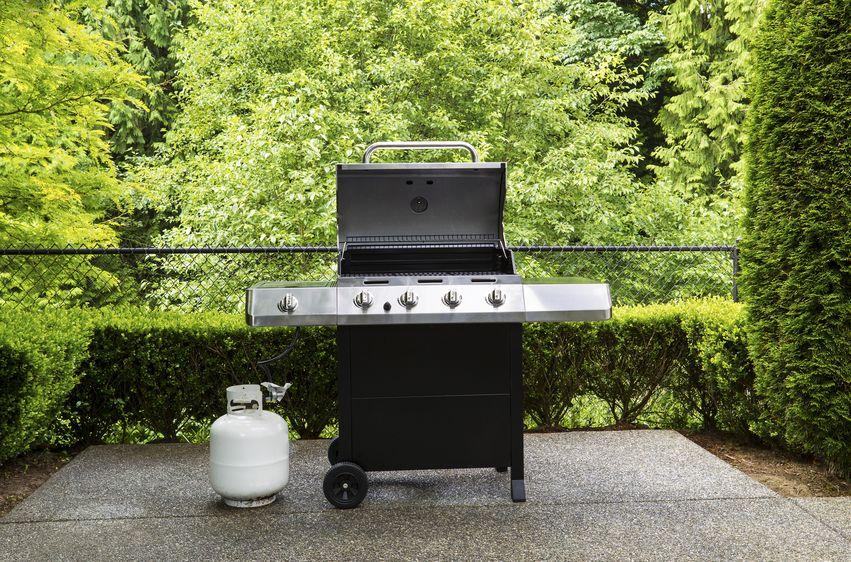
Is it cheaper to grill with propane or charcoal?
The answer is simple when thinking about the cost of fuel.
Propane is more cost-efficient and is cheaper than charcoal.
A single 15 lb. propane bottle can provide fuel for around 15 cooking sessions.
A 15 lb. bag of charcoal would be consumed in around 3 to 4 cooking sessions.
If you cook regularly, you’ll need to buy charcoal more often than propane, and the cost can add up.
xxxxxxxxxxxxxxxxxxx
Charcoal Grills are More Affordable
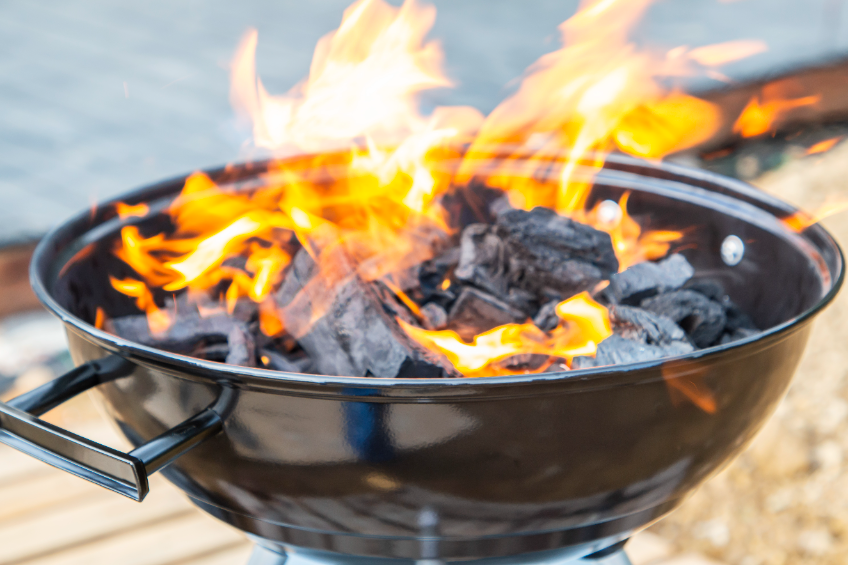
Charcoal grills cost much less to purchase when compared to their propane counterparts.
For most people, this is more important than the ongoing cost of fuel.
The Weber Original Kettle Premium 22 Inch Charcoal Grill is an upgrade over the standard Weber Kettle yet is still incredibly affordable considering its size and durability.
Comparing it to the Weber Spirit II E-210 Propane Grill which costs more than twice as much, it’s easy to see why people are happy to save money by purchasing a charcoal grill.
Of course, it also comes down to preference and other differences like performance and convenience.
What’s The Environmental Impact of Propane and Charcoal Grilling
The environmental impact of propane and charcoal grilling can vary depending on a variety of factors, including the source of the fuel, the equipment used, and how the grill is operated.
Here are a few things to consider.
- Carbon Emissions. Both propane and charcoal grilling produce carbon emissions, which contribute to climate change. However, propane grilling tends to produce fewer emissions per unit of heat output than charcoal grilling.
- Air Quality. Charcoal grilling can produce more smoke and particulate matter than propane grilling, which can negatively impact air quality, particularly in urban areas. Propane grilling tends to produce fewer emissions and less smoke, which can be better for air quality.
- Waste. Charcoal grilling produces ash and requires the use of charcoal briquettes, which can be made from nonrenewable materials and contribute to landfill waste. Propane grilling produces less waste and can be more eco-friendly if the propane tank is properly recycled or reused.
- Sustainable Fuel Sources. Choosing sustainable fuel sources, such as sustainably harvested wood charcoal or propane made from renewable sources, can help reduce the environmental impact of grilling.
- Equipment Maintenance. Proper maintenance of grilling equipment, such as keeping burners clean and well-tuned, can help reduce emissions and improve fuel efficiency, which can be better for the environment.
Overall, propane grilling may have a slightly lower environmental impact than charcoal grilling, particularly in terms of air quality and waste production.
However, the environmental impact of grilling can be reduced by choosing sustainable fuel sources, properly maintaining equipment, and using the grill in an environmentally responsible manner.
How About Performance Advantages?
Charcoal can get hotter than even the best gas burners on the market.
Even though the fuel is slightly more complicated to work with, many home cooks swear by it.
To control heat on a gas grill, you simply need to adjust some knobs.
To control heat on a charcoal grill, you need the right amount of charcoal, and then you need to manage the vents.
Opening the vents brings in more oxygen and increases the temperature and burn rate.
Restricting the vents decreases the temperature and slows the burn rate for a longer and lower cooking session.
Because charcoal gets hotter, it’s effective at vaporizing juices to create a delicious, seared crust on ingredients.
Gas grills produce a similar effect when equipped with vaporizer bars.
There’s no real answer to which is better.
It largely comes down to preference and you can get amazing flavor from gas or charcoal.
The Bottom Line – Propane is a Cheaper Fuel but the Costs Balance Out
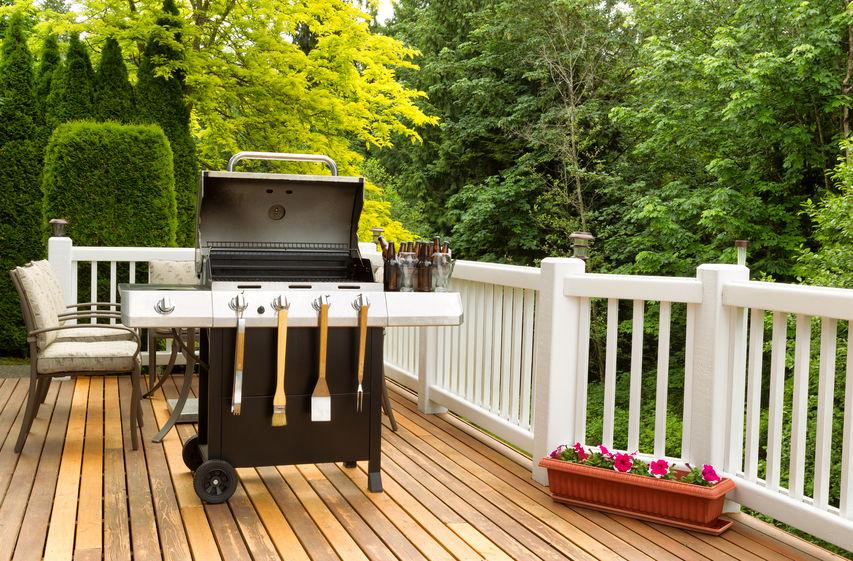
Even though propane fuel is cheaper to buy, charcoal grills are much more affordable, so the added fuel cost is balanced throughout the lifetime of a grill.
It comes down to a couple of questions to consider:
- Do you want to cook with charcoal to enjoy a more involved cooking session with higher heat potential? In this case, a charcoal grill is right for you.
- Do you want convenience and great cooking performance with a lower (but still perfectly sufficient) searing heat potential? If so, propane is the best option.
With so many different grills on the market, there’s something for everyone.
Find the model that suits you best and you’ll find that the price of fuel is secondary to the enjoyment that you get from your grill.

